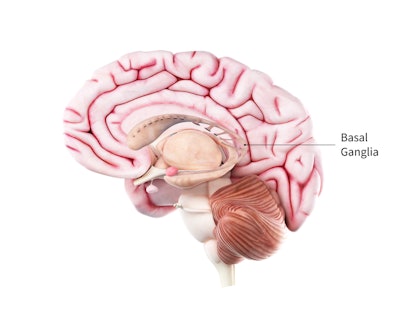
The protein Leucine Rich Repeat Kinase 2, aka LRRK2, is linked to the development of Parkinson’s disease. Previously, scientists have been able to inhibit how that protein functions to lessen the impact of neurodegenerative decline. However, according to a recent University Business article, a team of researchers at the University of Dundee has found a way to degrade it with the help of a new molecule they designed called XL01126.






















